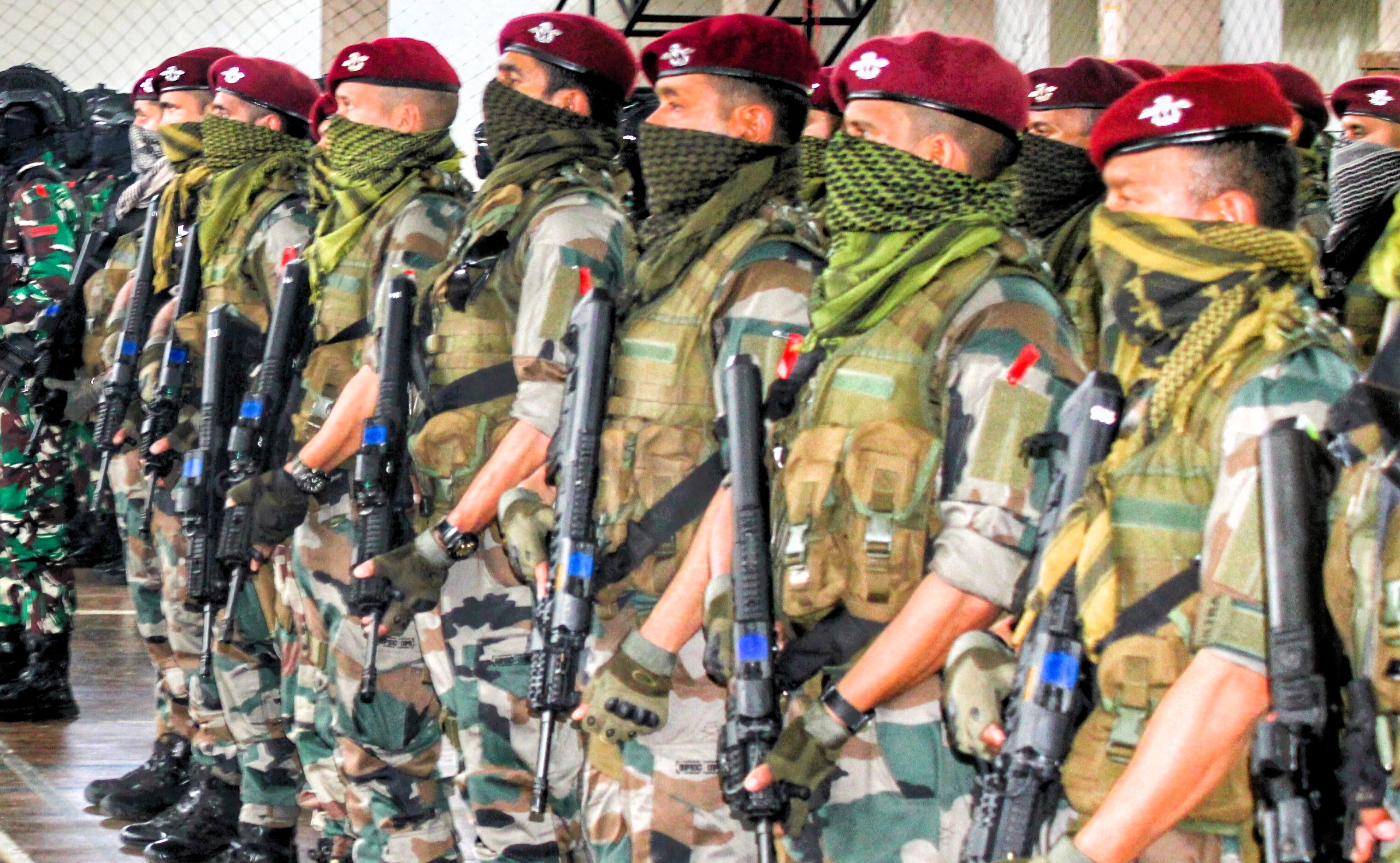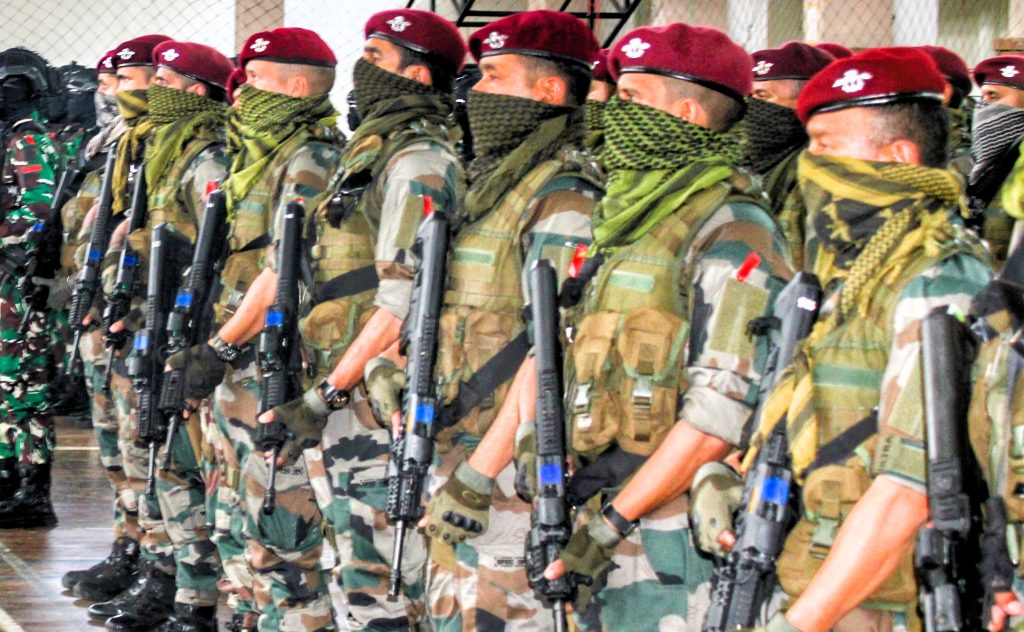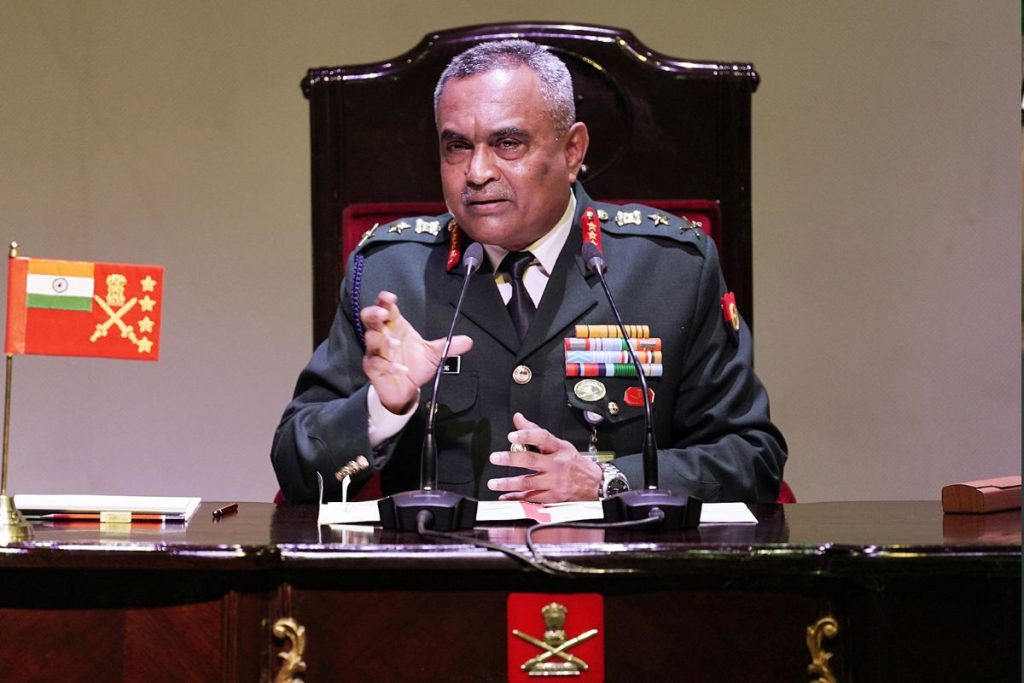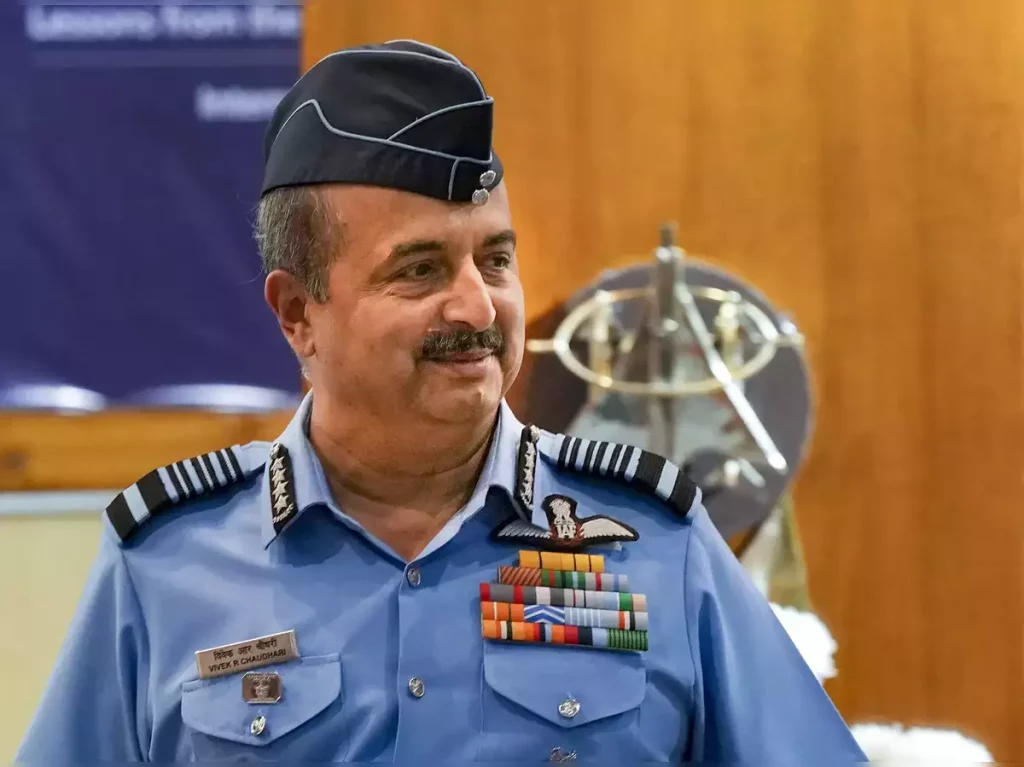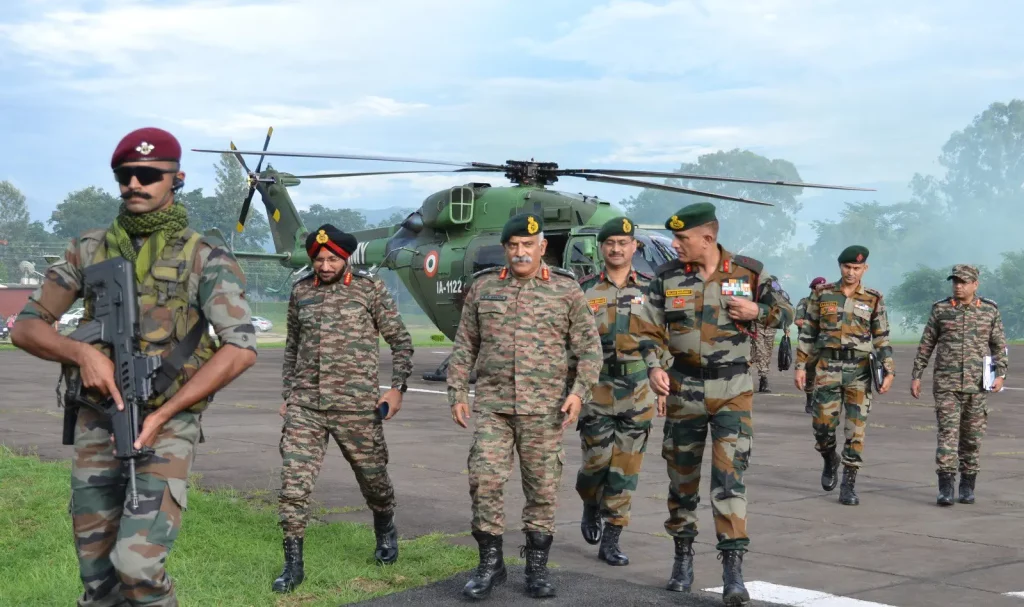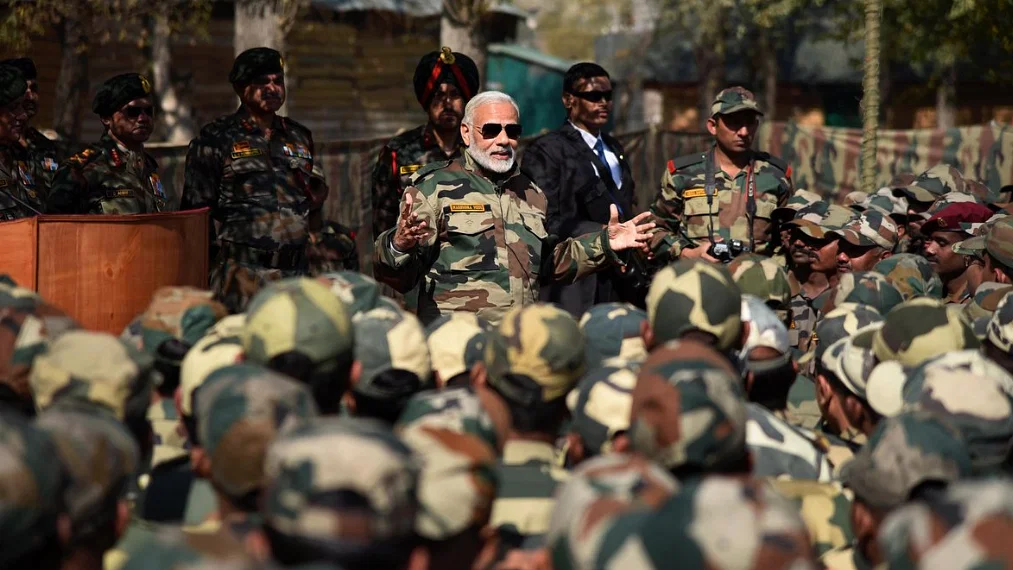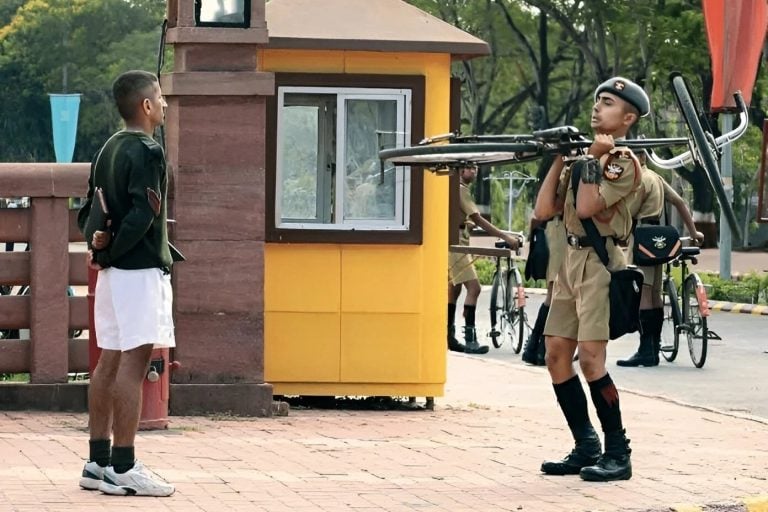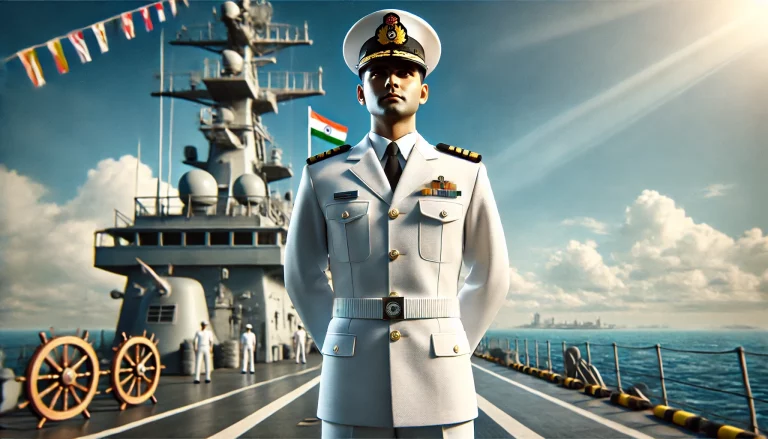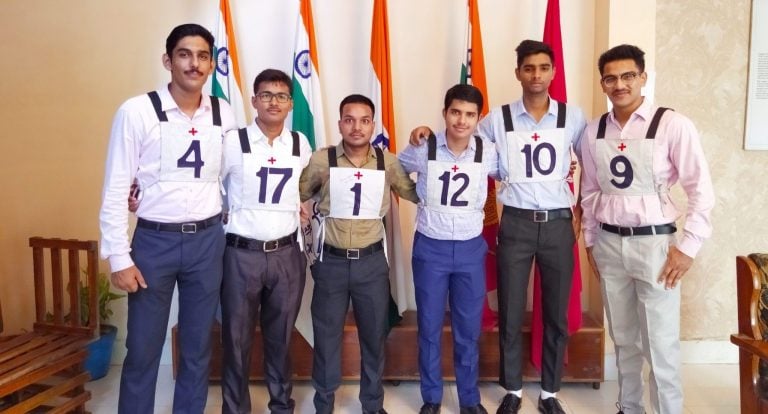Are you considering a career in the armed forces? Aspiring to become a fauji (a soldier) is an honorable and noble pursuit. The life of a fauji is filled with challenges, sacrifices, and immense pride. Whether you dream of joining the army, navy, or air force, there are certain qualities that are common to every fauji.
In this comprehensive guide, we will explore the 11 essential traits shared by every fauji. By understanding and developing these traits, you can prepare yourself for a successful career in the defense services.
1. Introduction
Every fauji, regardless of their branch of service, possesses a unique set of qualities that sets them apart from the rest. These traits are not only essential for the military but also applicable to various aspects of life. Let’s delve deeper into each of these traits and understand how they contribute to the success of a fauji.
2. Discipline: The Backbone of a Fauji
Discipline forms the bedrock of military life. It is the unwavering adherence to rules, regulations, and routines that shapes a fauji’s character. From waking up early in the morning for physical training to following a strict code of conduct, discipline is ingrained in every aspect of a soldier’s life.
Importance of Discipline
Discipline ensures that faujis remain focused, organized, and committed to their duties. It creates a sense of orderliness within military units, enabling them to function efficiently and effectively. Moreover, discipline fosters self-control and helps faujis make informed decisions even in high-pressure situations.
Developing Discipline
Discipline is not an innate trait; it is a habit that can be developed through consistent effort and practice. Embracing a structured routine, setting clear goals, and holding oneself accountable are some ways to cultivate discipline. Additionally, learning from experienced faujis and imbibing their values and work ethic can significantly contribute to the development of discipline.
3. Physical Fitness: A Prerequisite for Service
Physical fitness is a non-negotiable requirement for anyone aspiring to join the defense services. Faujis undergo rigorous physical training to build strength, endurance, and agility. Maintaining peak physical fitness is not only crucial for combat readiness but also for overall health and well-being.
Benefits of Physical Fitness
Being physically fit allows faujis to perform their duties effectively and adapt to challenging environments. It enhances their mental resilience, boosts confidence, and reduces the risk of injuries. Additionally, physical fitness fosters camaraderie and teamwork, as faujis train together to overcome physical obstacles.
Achieving Physical Fitness
To achieve and maintain physical fitness, faujis engage in a variety of activities, including running, strength training, and endurance exercises. Regular participation in sports, such as football, basketball, or swimming, also helps faujis develop their physical capabilities. Following a balanced diet, getting sufficient rest, and avoiding harmful substances are equally important for maintaining physical fitness.
4. Mental Resilience: Thriving in Adversity
The life of a fauji often presents numerous challenges, both physical and mental. Mental resilience is the ability to endure and bounce back from setbacks, adversity, and stress. It is a crucial trait that allows faujis to remain focused, composed, and effective in the face of adversity.
Cultivating Mental Resilience
Mental resilience can be cultivated through various practices and strategies. Developing a positive mindset, maintaining emotional stability, and seeking support from peers and mentors are essential. Additionally, practicing mindfulness, setting realistic goals, and learning from past experiences can significantly strengthen mental resilience.
Importance of Mental Resilience
In the military, faujis encounter situations that test their mental fortitude, such as extended deployments, separation from loved ones, and exposure to life-threatening situations. Mental resilience enables them to cope with these challenges and perform their duties with unwavering determination. It also helps faujis support their colleagues and provide emotional stability to those around them.
5. Leadership: Guiding and Inspiring Others
Leadership is an integral part of military life. Faujis are expected to lead and inspire their subordinates to achieve common goals. Effective leadership involves setting a positive example, making informed decisions, and fostering a culture of trust and respect within the unit.
Leadership Styles
Leadership styles may vary among faujis, but they all share the common objective of achieving mission success while taking care of their team members. Some leaders adopt an authoritarian style, providing clear and direct instructions, while others prefer a more participative approach, involving subordinates in decision-making processes. Regardless of the style, effective leaders prioritize the welfare and development of their team members.
Developing Leadership Skills
Leadership skills can be honed through experience, training, and self-reflection. Taking on responsibilities, seeking mentorship, and actively seeking feedback are valuable ways to develop leadership abilities. Participating in leadership courses and learning from successful leaders can provide valuable insights and guidance.
6. Teamwork: Together Everyone Achieves More
Teamwork is a fundamental aspect of military operations. Faujis work collaboratively, leveraging each other’s strengths and skills to achieve common objectives. The success of any mission depends on the cohesion, coordination, and synergy of the team.
Benefits of Teamwork
Teamwork enables faujis to combine their individual capabilities, knowledge, and experiences to accomplish complex tasks. It fosters camaraderie, trust, and mutual support, creating a harmonious and efficient working environment. Moreover, teamwork enhances problem-solving abilities as faujis pool their diverse perspectives and expertise to find effective solutions.
Building Teamwork Skills
Building teamwork skills requires effective communication, active listening, and respect for diverse opinions. Faujis can enhance their teamwork abilities by participating in team-building exercises, engaging in group discussions, and learning to collaborate with individuals from different backgrounds. Developing empathy and understanding the strengths and weaknesses of team members are also critical aspects of building effective teams.
7. Integrity: Upholding Moral Values
Integrity is a core value that lies at the heart of military service. Faujis are expected to uphold high moral and ethical standards, both on and off duty. Integrity encompasses honesty, trustworthiness, and a strong sense of personal and professional ethics.
Importance of Integrity
Integrity ensures that faujis act with honor and maintain the trust of their colleagues, superiors, and the public. It forms the foundation of a fauji’s character and reputation. Upholding integrity is crucial not only for personal growth but also for maintaining the credibility and effectiveness of the defense services.
Demonstrating Integrity
Demonstrating integrity involves being truthful, adhering to ethical principles, and taking responsibility for one’s actions. Faujis are expected to act with fairness, transparency, and impartiality in all their interactions. Upholding the values and traditions of the military and displaying unwavering loyalty to the nation are also manifestations of integrity.
8. Adaptability: Thriving in Dynamic Environments
The military operates in ever-changing and dynamic environments. Faujis must be adaptable and flexible to handle unexpected situations, shifting priorities, and evolving strategies effectively. Adaptability involves embracing change, demonstrating resilience, and quickly adjusting to new circumstances.
Benefits of Adaptability
Adaptability enables faujis to respond effectively to unpredictable situations and overcome obstacles. It fosters innovation, creativity, and a willingness to learn and grow. Additionally, adaptability allows faujis to connect with individuals from diverse backgrounds and cultures, promoting inclusivity and global understanding.
Cultivating Adaptability
Cultivating adaptability involves developing a growth mindset, embracing new challenges, and seeking opportunities for personal and professional development. Faujis can enhance their adaptability by staying informed about evolving technologies, geopolitical situations, and military strategies. Seeking feedback, learning from failures, and maintaining a positive attitude are also critical aspects of building adaptability.
9. Patriotism: Love for the Nation
Patriotism is a driving force for faujis. It is an intense love, loyalty, and devotion to one’s country. Faujis are motivated by a deep sense of duty and a desire to protect and serve their motherland.
Significance of Patriotism
Patriotism fuels faujis’ commitment to their duties, even in the face of adversity. It instills a sense of purpose, pride, and responsibility in their service. Faujis are willing to make sacrifices and go above and beyond to safeguard the nation’s interests.
Expressing Patriotism
Expressing patriotism involves actively participating in national events, such as Independence Day and Republic Day celebrations. Faujis display their love for the nation by upholding its values, respecting its heritage, and contributing to its development. Additionally, faujis often serve as role models and inspire fellow citizens to embrace patriotism and contribute to the nation’s progress.
10. Selflessness: Putting Duty Above Self
Selflessness is a defining characteristic of faujis. They prioritize the needs and welfare of their comrades and the nation above their personal interests. Faujis are willing to make sacrifices and are driven by a sense of duty and service.
Benefits of Selflessness
Selflessness fosters a sense of unity, camaraderie, and mutual support within military units. It enables faujis to work towards common goals and serve the greater good. Moreover, selflessness strengthens the bond between faujis and instills a spirit of self-sacrifice and dedication.
Practicing Selflessness
Practicing selflessness involves prioritizing the welfare of others, volunteering for challenging assignments, and supporting colleagues in their professional and personal growth. Faujis demonstrate selflessness by displaying empathy, compassion, and a willingness to go beyond the call of duty to help those in need.
11. Courage: Overcoming Fear in the Face of Danger
Courage is an inherent trait of every fauji. It is the ability to overcome fear and act bravely in the face of danger. Faujis are often confronted with high-risk situations, and their courage enables them to fulfill their duties with valor and determination.
Types of Courage
Courage can manifest in different forms. Physical courage involves facing physical threats and risks head-on. Moral courage entails standing up for what is right, even in challenging circumstances. Emotional courage involves managing emotions effectively to make difficult decisions. Faujis display all three types of courage in their service.
Building Courage
Building courage requires mental, emotional, and physical preparation. Faujis undergo specialized training to develop the physical and mental resilience needed to face challenging situations. Building self-confidence, embracing fear as a catalyst for growth, and cultivating a strong support system are also critical aspects of building courage.
12. Conclusion
Becoming a fauji is a journey that demands unwavering commitment, sacrifice, and the cultivation of essential traits. From discipline and physical fitness to leadership and courage, faujis embody a unique set of qualities that make them exceptional soldiers and role models. By developing these traits, aspiring faujis can prepare themselves for a successful and fulfilling career in the defense services. Embrace these qualities, and embark on the noble path of serving and protecting your nation with honor, pride, and dedication.
